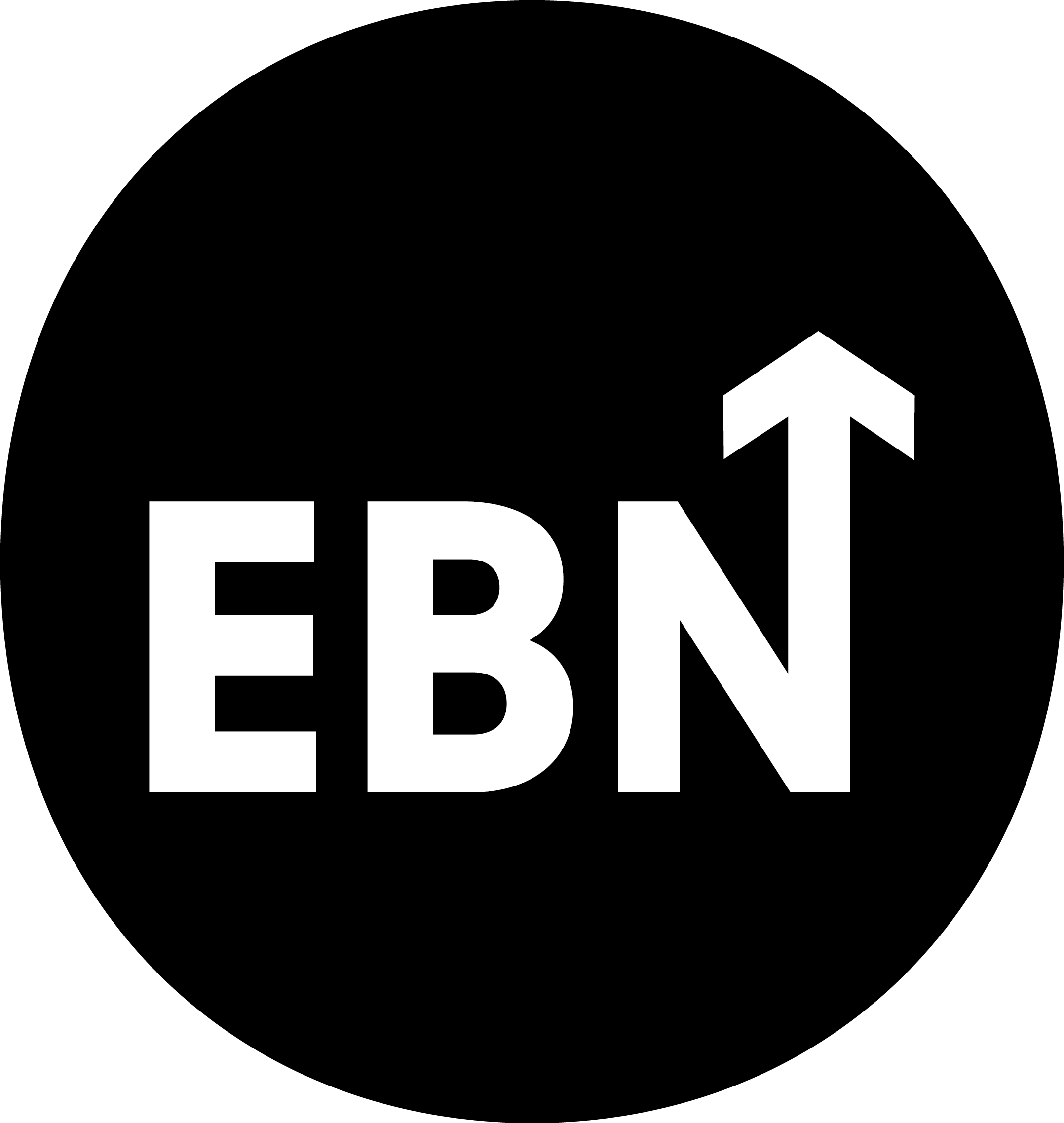The Disappearing Golden Ticket
Not long ago, graduate hiring was a prestige play. Big-name employers threw lavish budgets at campus tours, case competitions, branded water bottles, and internships wrapped in soft-focus career narratives.
Joining a grad scheme was a rite of passage and a promise: work hard, follow the path, and you’ll rise.
Now that golden ticket is looking more like fool’s gold.
Momentum isn’t always progress, especially when you always end up back where you started.
Fathom helps you escape the loop. With insight, not intuition.
Internships Have Left the Building
I what's felt like no time at all, AI has already installed itself comfortably in the roles that used to go to interns and entry-level hires. Research, content drafts, scheduling, data tidying - tasks once given to fresh grads as a training ground are often now automated. Efficiently, impersonally, and with zero ambition to learn.
According to SHRM, 78 percent of hiring managers believe AI will cause job losses for recent grads. Sam Altman, CEO of OpenAI, said the quiet part out loud: AI is now “as good or better” than interns and junior hires at many tasks. In a recent Fortune interview, he openly admitted that AI is chewing through the “boring” work companies once used to train new talent.
And no, this isn’t theoretical, employers are already adjusting en masse. A recent Hult International Business School study found that 37 percent would now prefer to hire AI or robots over entry-level workers.
It’s a bloodless revolution.
But the casualties are very real.
Gen Z Is Getting Ghosted by the Future
For Gen Z, who spent their school years being told that university was the ticket to a better life, this feels like a betrayal in slow motion. Nearly half of them now believe their degrees are effectively worthless. Internships are vanishing, graduate schemes are shrinking, and job descriptions now demand three years of experience for a role that barely existed a year ago.
Barely a hot minute has passed since Chat GPT was released at the end of 2022, yet the rate at which grads are already being displaced is unprecedented - and it doesn't look like it's about to get a whole lot better.
The Myth of AI as Magic Intern
In last Sunday’s Paper Cut, we called out the rise of what we dubbed “AI-everywhere theatre.” That’s when companies talk a big game about using AI while quietly gutting their entry-level headcount. The press releases say innovation yet the word on the street (and the Glassdoor reviews) say chaos.
Replacing interns with AI is pitched as a clever move. In reality, it’s just convenient and cost effective. It means fewer onboarding headaches, fewer entitled noobs to pamper, and lower overheads to boot. But when AI becomes your only junior hire, your entire talent pipeline becomes artificial too. And you can’t build tomorrow’s leaders by cutting out tomorrow’s learners.
Helping HR, talent acquisition, employer branding, and company culture professionals find careers worth smiling about.
Higher Ed Is Still Prepping Grads for a Market That Doesn’t Exist
Universities don't appear to be helping much. Many still push outdated syllabi that produce theoretical thinkers with little practical awareness. Although it's hardly the schools fault, by the time students finish their degrees the job market has already moved on... again.
Meanwhile, a growing cohort of disillusioned Gen Z is starting to asking the uncomfortable question out loud: why go into debt for a credential that can’t even outcompete ChatGPT? And honestly, who’s giving them a compelling answer?
The False Economy of Automation
Employers may feel like they’re winning. Faster delivery. Lower costs. More “productivity” metrics ticked off the dashboard. That stuff is all well and good but they're also hollowing out the very thing that makes long-term success possible: talent with context.
You don’t get future managers by automating the first two years of career development. You get future managers by growing them. And these same employers can forget about hiring the finished articles later down the line, as everybody is up to the same tricks and nobody else is doing their dirty work for them.
Even Altman has started sounding the alarm. In Tom’s Guide, he warned against eliminating the early-career layer entirely. It’s a rare moment of realism in a sector usually drunk on its own disruption narrative.
Broken Promises and Employer Branding BS
Let’s talk employer branding. The promises on your careers page - mentorship, growth, learning - don’t mean much when there’s no path to prove them. If your graduate programme has quietly disappeared and your internship budget became an AI pilot project, you might want to rethink what story you’re really telling.
EVPs that still lead with “we invest in early talent” are becoming hard to swallow. Especially when the real investment went into prompt engineering tutorials.
All those flashy grad initiatives - Brandstorm, Future Leaders League, and the like - weren’t about scooping up a few high-potential grads. No one spends seven figures and flies students around the world for that. It was a power move. A branding flex. A way to dominate the imagination of ambitious young talent and position themselves as the dream employers. But now? After decades of colourful, career-launching fanfare, the plug is being pulled. It's not just graduate life that's about to get a whole lot duller, so are the big brands that used to inspire students to push themselves. What, if anything, will fill he void?
A Ladder Without Rungs Is Just a Stick
With no U-turn in sight, this really is a fundamental shift in how corporate talent gets built. And if we’re not careful, we’ll discover too late that we’ve created a workforce with no juniors, no memory, and no one left to learn from. Or perhaps that's part of the master plan - we won't need future leaders either, as AI will soon be able to do that part, too.
But, for now, if you ask me, the first rung isn’t optional. It’s foundational. Lose it, and the whole ladder comes crashing down. Maybe not tomorrow, but soon enough.
Actionable Fixes
- Rethink AI’s Role: Use it to augment early-career roles, not erase them.
- Modernise Grad Schemes: Train humans in areas where AI still fails; critical thinking, ethics, original insight.
- Tell the Truth in Your EVP: If you’ve paused early talent hiring, say so. Or better, fix it.
- Co-design With Educators: Help reshape curricula to reflect the world grads are actually entering.
- Create Learning Zones: Internships aren’t a luxury. They’re a necessity for talent growth. Fund them properly or prepare to feel the absence.
No Rungs, No Rise
Which ever way you cut it, the graduate job market is declining. What will be left doesn't look too rosy for all those who dreamt the old corporate dream, which now has a much smaller (and shrinking) entry point.
This shift isn’t just about whether poor old Gen Z can find jobs. It’s about whether organisations can find relevance. Because when the next generation of talent sees a locked door where opportunity used to be, they’ll stop knocking.
And when that happens, it won’t just be interns who go missing.
Takeaways
Is AI really replacing entry-level jobs?
Yes. Many tasks typically assigned to interns and grads are now automated.
What does Sam Altman actually say?
He confirmed AI is already outperforming interns on routine tasks and warned against wiping out the early-career pipeline.
What’s the impact on Gen Z?
Nearly 50 percent of grads believe their degrees are now devalued by AI. Internships are scarce, jobs demand experience they can’t get.
Are employers aware of this risk?
Some are. Many aren’t. But they should be, because a missing generation of talent will hurt long-term growth.
What’s the link with employer branding?
If you promise learning and development but cut all entry-level roles, your brand promise becomes a contradiction.
What role do universities play?
They’re still teaching to a playbook that no longer matches the field. Without collaboration, their relevance is at risk.
So what now?
Employers need to rebuild entry points, rethink how AI integrates with human development, and get honest about the future they’re helping shape or erase.







